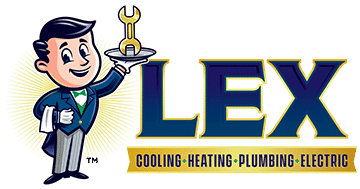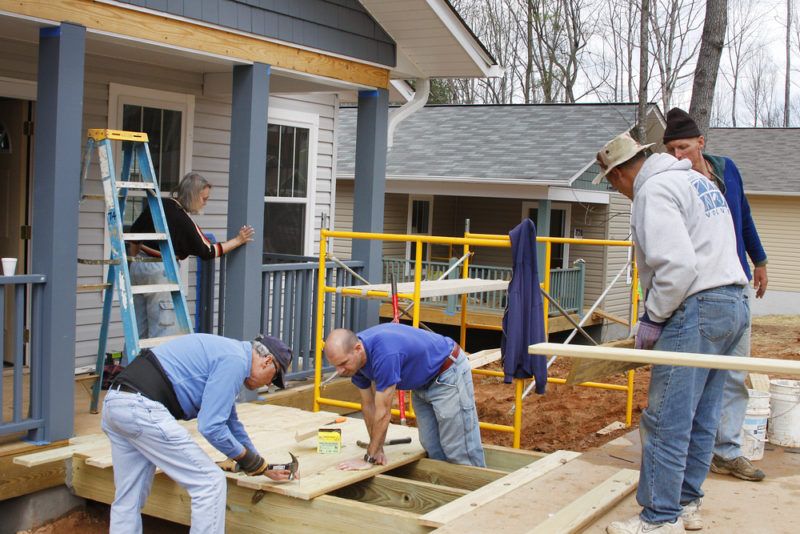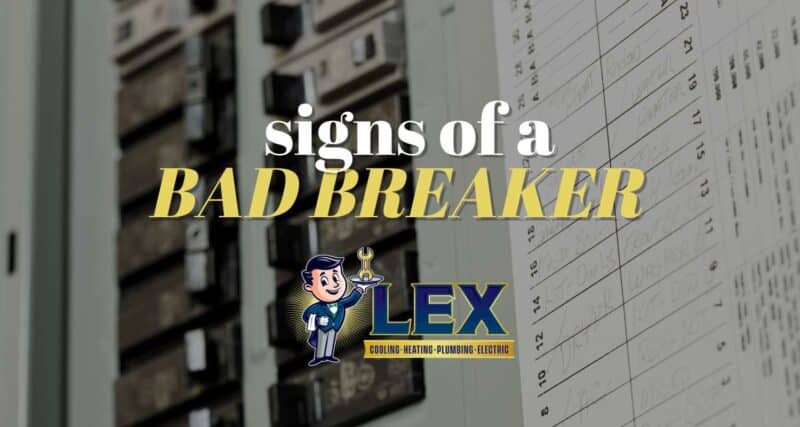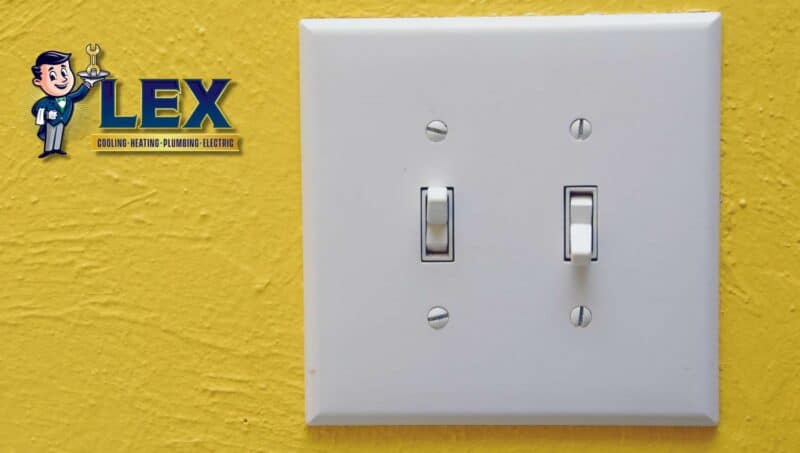Making renovations to your Lewisville, Texas home is likely an exciting time, though it can be a lot of work. While you may have the best-laid plans to complete your renovations in a specific time frame, you might have forgotten to include a plan to protect your HVAC system from the dirt and dust that it is about to be exposed to. Before starting your next home renovation project, make sure to take the proper precautions to protect your furnace.
Switch Your System Off
When you are performing particularly dusty work, such as sanding, switch your system off if possible. This way, you will avoid drawing the excess dust into your system, where it can get into the components, clog up your filter, and settle in your ductwork.
Close Your Vents
Another way to prevent dirt and debris from getting into your system is by making sure the vents are closed in the rooms you are working in. This will prevent a lot of debris from getting into your ductwork. Just make sure to open them once you are done and have cleaned for the day so you don’t put additional stress on your system.
Clean as Often as Possible
Make sure to regularly clean throughout your project so you can control dust and buildup. Make a habit of quickly dusting and vacuuming or sweeping the area at the end of each day’s work to limit the amount of dust in the room.
Check Your Filter Throughout the Process
The air filter in your system is likely to become quickly clogged when performing home renovations. Make sure to check your filter during the renovation process and change it when it begins to look dirty or clogged.
Once you have finished your renovation, be sure to schedule a maintenance visit so that the components of your system can get thoroughly cleaned. Contact Lex Air Conditioning and Heating, and we will schedule you for HVAC maintenance service after your project is complete.
